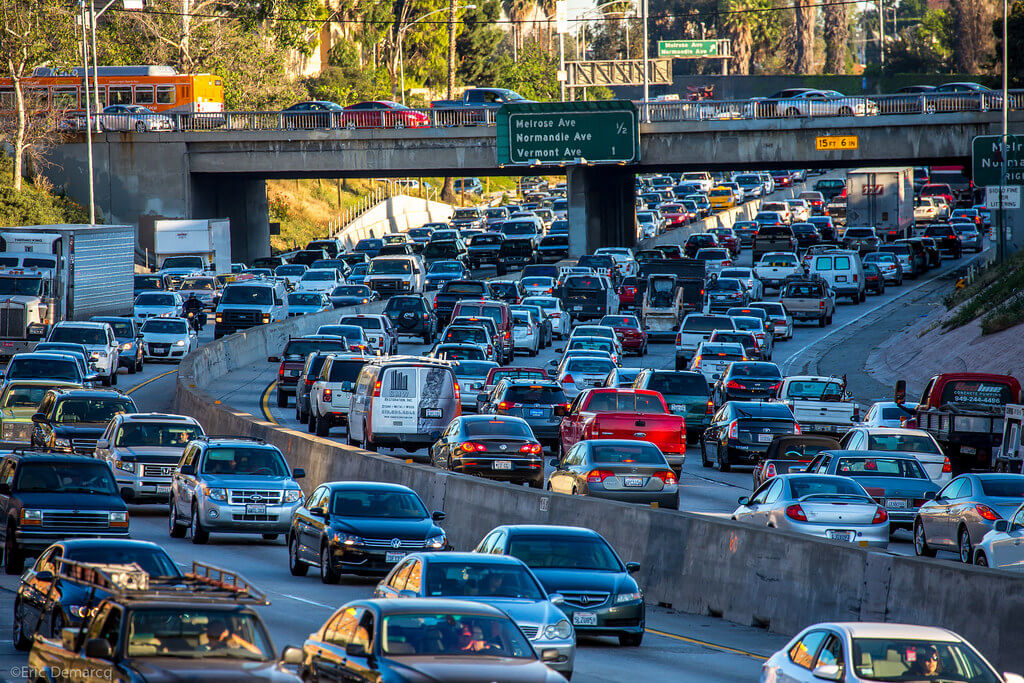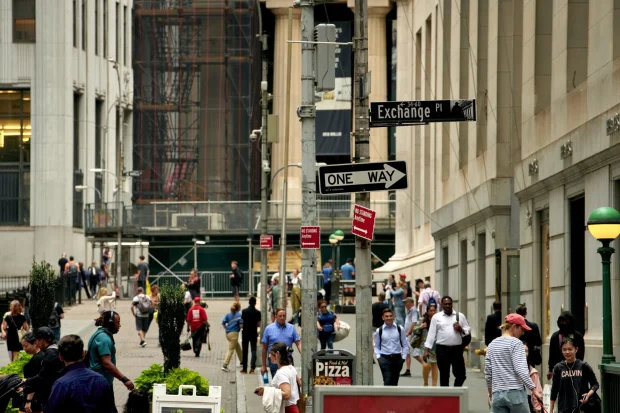
Imagine a world where, for just seven days, the hum of engines vanished from every street. No honking horns, no exhaust fumes, no traffic jams. Every city, from New York to Tokyo, Paris to Mumbai, implements a complete ban on cars. At first, the idea might seem chaotic, even impossible—but the implications are fascinating, and surprisingly positive, for both people and the planet.
A Breath of Fresh Air

One of the most immediate effects would be cleaner air. Cities are notorious for pollution, much of it caused by vehicle emissions. Studies suggest that car exhaust contributes significantly to smog, greenhouse gas emissions, and respiratory problems. In a week-long ban, nitrogen dioxide and particulate matter levels would drop dramatically. People would be able to step outside and literally breathe easier. Imagine children playing in parks without the haze of pollution overhead, or office workers commuting on foot or by bicycle, inhaling crisp, clean air.
The Sound of Silence
Cities are rarely quiet. The constant roar of traffic, emergency sirens, and the occasional blaring horn create a pervasive soundscape. Without cars, the urban environment would become remarkably serene. Birdsong, wind rustling through trees, and even the distant chatter of pedestrians might take center stage. This sudden quiet could reduce stress levels and improve mental health, proving that the benefits of a car-free week are not just physical, but psychological as well.
A Surge in Alternative Transport
Banning cars would force cities to rethink how people move. Public transport, cycling, and walking would surge in popularity. Trains, buses, and trams would see increased ridership, prompting authorities to enhance services temporarily. People might dust off bicycles long forgotten in garages, or organize carpools using electric scooters. Even for those who typically drive long distances, this week could spark creativity in commuting—perhaps discovering scenic walking routes or bike paths they never noticed before. In the long term, such experiments could inspire permanent investments in sustainable transport infrastructure.
Economic Shifts and Surprises

A car ban might initially seem like an economic disaster—restaurants, shops, and delivery services might appear at risk. Yet, the effects could be mixed and surprisingly positive. Pedestrian-friendly streets tend to attract more foot traffic, benefiting local businesses. Cafés and shops might thrive as people linger outdoors, exploring neighborhoods at a slower pace. Delivery systems would adapt, using cargo bikes or electric vans. In fact, studies have shown that cities with fewer cars often see higher local spending, as residents engage more with their immediate surroundings rather than rushing from point to point in cars.
A Glimpse of Community Life
Perhaps the most profound impact would be social. Streets, typically dominated by vehicles, could transform into spaces for community interaction. Pop-up markets, street performances, and neighborhood gatherings could emerge. Children might reclaim sidewalks for games, neighbors could stroll and chat, and a sense of shared experience could flourish. A week without cars would offer a rare opportunity to reimagine urban life as a human-centered space, rather than a machine-centered one.
Challenges and Adjustments
Of course, a sudden car ban is not without challenges. Emergency services would need clear protocols, deliveries would require rerouting, and people with mobility issues might face difficulties. Yet, advanced planning and temporary solutions—like priority lanes for ambulances and ride-share bicycles—could mitigate most issues. Moreover, the discomfort experienced by a few could catalyze long-term awareness of alternative urban mobility solutions.
Environmental and Cultural Lessons
The week would leave an indelible mark on cities and their inhabitants. Residents would witness firsthand the environmental benefits of fewer cars, potentially influencing future policy. Culturally, people might reconsider the role of cars in their lives. Would they embrace carpooling, public transport, or cycling more often? Would urban planners prioritize pedestrian zones, green spaces, and cycling lanes? Even a brief experience of car-free living could spark lasting change.
A Thought Experiment Worth Trying
While a global, simultaneous ban on cars may seem unrealistic, many cities have experimented with car-free days or zones with striking results. From Paris’ “Journée Sans Voiture” to Bogotá’s weekly Ciclovía, these initiatives demonstrate that reducing car dependence is feasible and rewarding. Expanding the concept to every city for a week offers a powerful thought experiment—a glimpse of a cleaner, quieter, and more connected urban future.
In conclusion, banning cars for a week would be disruptive, challenging, and exhilarating all at once. The benefits—cleaner air, quieter streets, stronger communities, and new transport habits—would likely outweigh the temporary inconveniences. Perhaps, in imagining a week without cars, we can start imagining a future where our cities are designed more for people than for vehicles, one pedestrian step at a time.


